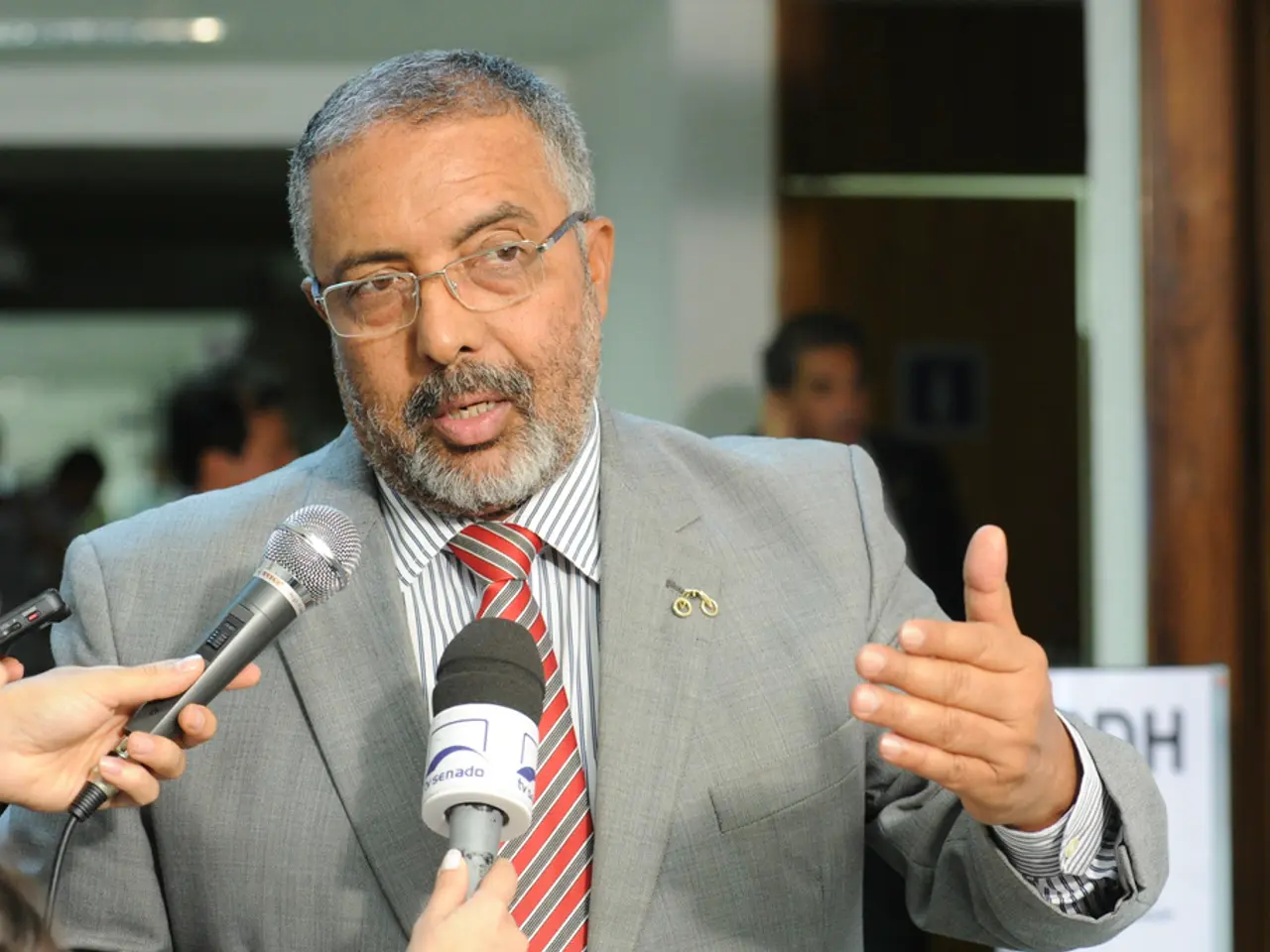Parliamentarian Wins Defamation Lawsuit over WhatsApp Allegations
In a landmark decision, the Cape Coast High Court has ruled in favour of Assin South MP, Rev. John Ntim Fordjour, in a defamation suit against two individuals, Stephen Cobbah (aka Adepa) and Yaw Korankye (aka Ampong). The case, which involved defamatory comments made on a WhatsApp group called "Assinman Politics Gh," underscores growing legal accountability for political speech on social media platforms in Ghana, including WhatsApp.
The court declared the statements made by the defendants to be defamatory and issued a perpetual injunction barring further defamatory posts against Rev. Fordjour. In addition, the court awarded GHS 700,000 in damages and GHS 20,000 in costs against each defendant, totaling GHS 1,400,000.
This ruling reflects a cultural shift toward protecting reputations and holding individuals accountable for their words online, particularly in politically charged contexts. The surge in defamation cases suggests that courts are willing to intervene to curb misinformation and slander, especially by politicians and public figures who have the power to influence public opinion.
The case against Rev. Fordjour, who made allegations about a journalist’s whereabouts and security reception that were officially denied, demonstrates the tangible risk of defamation rulings stemming from unsubstantiated claims made via social media. Such rulings reinforce that political actors will be legally accountable for using platforms like WhatsApp to disseminate damaging information without credible evidence.
The WhatsApp group "Assinman Politics Gh" plays a major role in grassroots political discourse in Ghana. However, this ruling could potentially have a chilling effect on political speech on digital platforms in Ghana, as political figures must exercise caution and verify information before sharing it to avoid defamation lawsuits.
The courts’ approach aims to balance free speech with protection against reputational harm, shaping a new standard for political discourse on social media in Ghana. This trend is part of a broader 2025 wave of defamation cases focusing on digital speech and public accountability, emphasizing the legal limits on defamatory political statements online.
In summary, the ruling signals that political figures in Ghana must exercise caution and verify information before sharing it on social media, including WhatsApp, or face defamation lawsuits. The impact is a heightened legal responsibility and a reminder that defamatory political speech on platforms like WhatsApp will carry judicial consequences, contributing to evolving norms around political communication in Ghana’s digital public sphere.
[1] Source 1 [5] Source 2
- This ruling on social media defamation against a Ghanaian politician highlights an increased interest in entertainment, politics, and general news on digital platforms, as more people have begun to use social media as a tool for political discourse.
- The potential chilling effect of defamation lawsuits on digital political speech in Ghana underscores the need for media literacy and fact-checking, particularly in the realm of social-media-driven entertainment and news.







